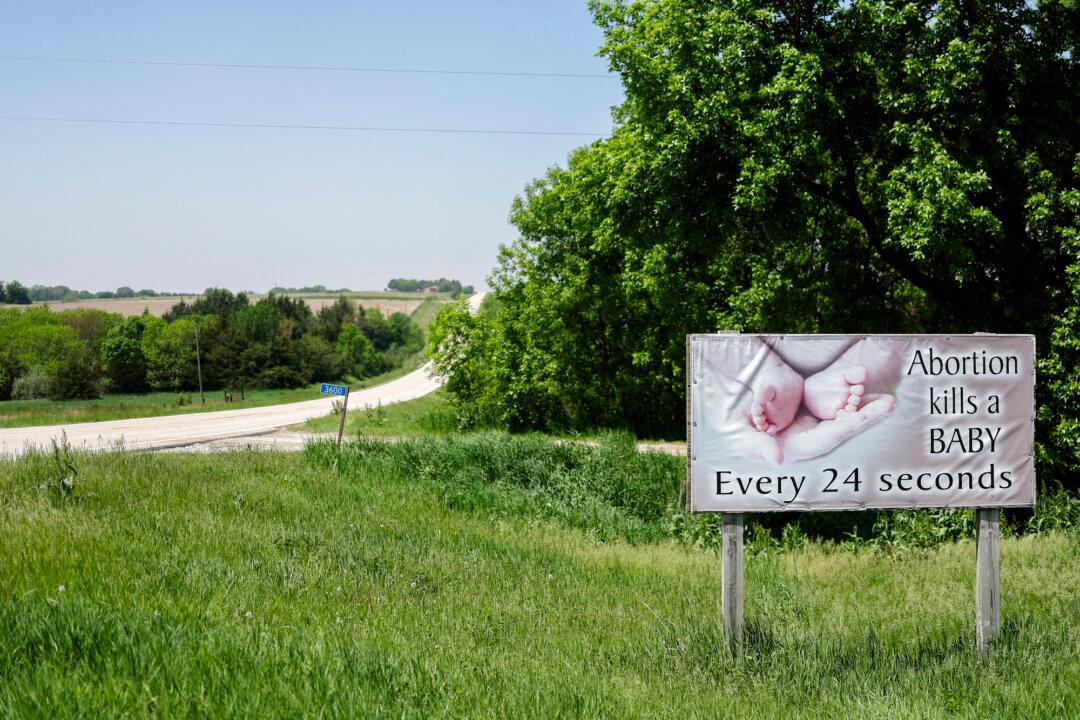Justices on the Nebraska Supreme Court are weighing whether to allow two proposed abortion-related amendments on the state’s general election ballot.
The court heard arguments on Sept. 9 as to whether the citizen-led initiatives meet the state’s single-subject requirement and whether they should be treated equally.





